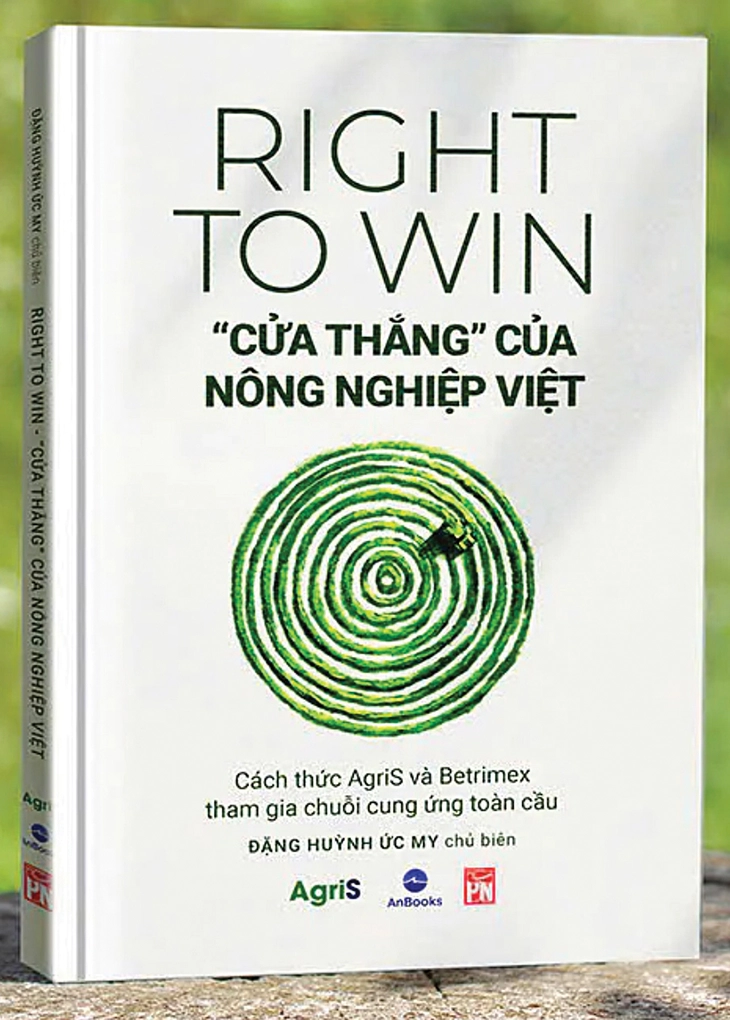
It just quietly raises a question, seemingly simple but touching the core: "How can Vietnamese agriculture have the right to win, not just hope for a chance to win?".
It is no longer a question of just one business but a question of an entire nation.
Winning is not about luck
The author of the book, Dang Huynh Uc My, a young entrepreneur in the Vietnamese sugar cane and coconut industry, chose a different path: not just doing business but creating an ecosystem.
Uc My looks at agriculture not through the eyes of a buyer and seller but through the eyes of a grower - investing, caring, accumulating, and creating value.
The "winning door" that the author talks about is not a short gap to squeeze into the market but a door of thinking that opens when we understand more deeply about land, crops, people and fairness in each value created.
When reading the book, I suddenly thought of the fields of Dong Thap Muoi, the Mekong Delta, where farmers still toil in the rain and sun, selling rice by the kilo without ever thinking about "market share", "value chain", "ESG", "Net Zero"... The victory of those farmers, perhaps, is not in how much productivity but in having a voice in the value chain - a voice that is heard and respected.
The book recounts the journey of AgriS and Betrimex, two Vietnamese businesses that dared to choose a long and difficult path: from sugarcane and coconut - seemingly ordinary products - to create international brands.
There we see the image of a confident, transparent and knowledgeable agriculture. Not just exporting raw materials but exporting trust. Not just achieving ESG certification to meet the requirements but making ESG the business's reason for living.
Suddenly I saw in it the spirit that Vietnamese agriculture needs: the spirit of creation - connection - sharing. When businesses see farmers as partners, when growers not only sell agricultural products but also sell the value of sustainability, that is when we are on the right track.
Sustainability is a responsibility
The most profound impression from the book is the tenacity of those who are looking for the "real way to win": They do not look for shortcuts. They do not seek quick profits. They choose to go slowly but surely, step by step inventorying emissions, testing precision agronomy, building model farms and then expanding.
The valuable thing is that they are patient with time and respect nature. Because nature, like humans, cannot be forced to grow overnight. That is the philosophy that I always believe: "Developing sustainable agriculture is not about doing it quickly but doing it long-term and deeply." That is when businessmen speak the language of farmers and farmers understand the language of the market.
Many years of accompanying and being friends with farmers have realized that: we have many "good growers" but few "good sellers". The book Right to Win shows one thing: to win in the global market, one must understand both the language of the land and the language of the customer.
From there, the author formed the "3C" model: AgriC - smart, economical, precise production; ProC - deep processing, circulation; ComC - global trade and brand.
It may sound dry, but behind it lies a humanistic philosophy: respecting every smallest value in the agricultural chain. A drop of coconut water, a fiber, a bagasse, all can become valuable if organized intelligently and with sustainable belief.
Vietnamese agriculture is in a period of strong transformation, from "quantity" to "quality", from "crude" to "refined", from "dependent" to "self-reliant". Uc My's book not only suggests ways of doing things but more importantly, rekindles confidence.
The belief that Vietnamese agriculture is brave enough to enter the global game, that each farmer and each business can find their own way to win if they know how to reorganize their thinking, do the right values and constantly learn.
Open the door with the key of knowledge
After reading Right to Win , I think of an image: sugarcane seeds, coconuts, and rice grains all bow before mother earth to become products called "Product in Vietnam".
Bowing - not to submit, but to be grateful. Grateful for the land, the people, and the true values. If there is one message that the book sends us, perhaps it is: "The door to victory is not the destination. The door to victory is the journey, where we learn to respect values, preserve beliefs and dare to go to the end with what we believe is right."
And perhaps when Vietnamese agriculture finds its "door to victory", we will also find our "heart" again, where every Vietnamese person, every Vietnamese business, every Vietnamese farmer feels proud when mentioning what they grow on this land.
Source: https://tuoitre.vn/triet-ly-song-cua-nong-nghiep-viet-cua-thang-khong-nam-o-van-may-20251011091901266.htm









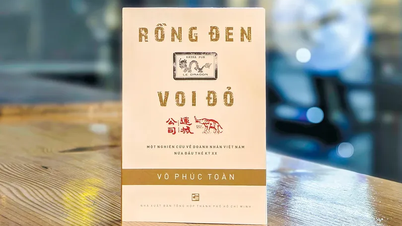

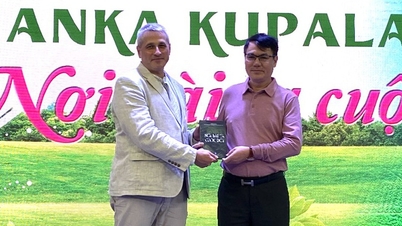
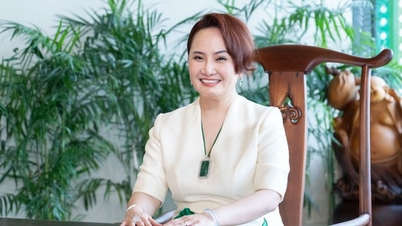




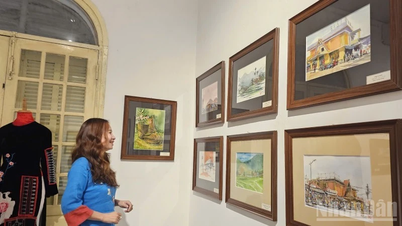

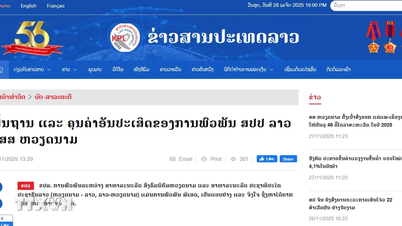





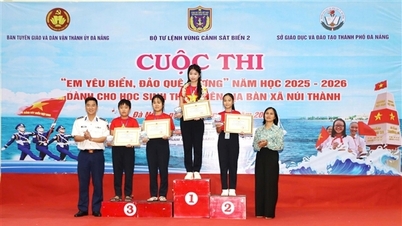







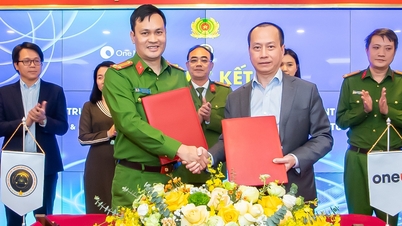

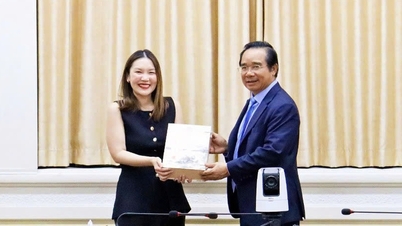




























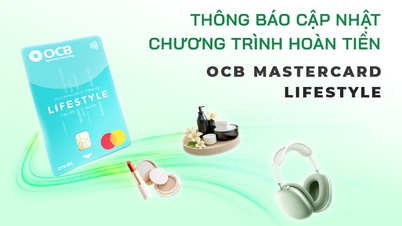






















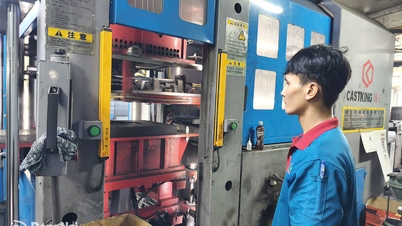



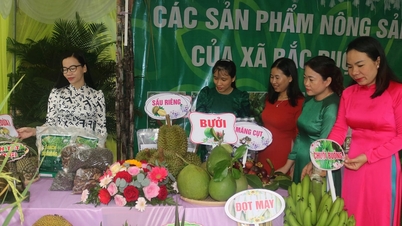

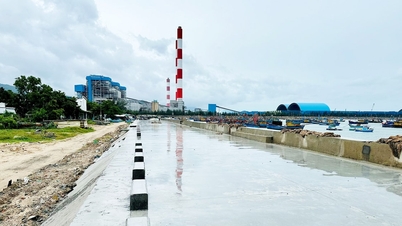

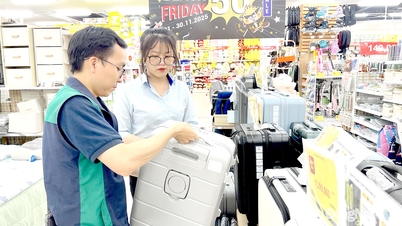













Comment (0)